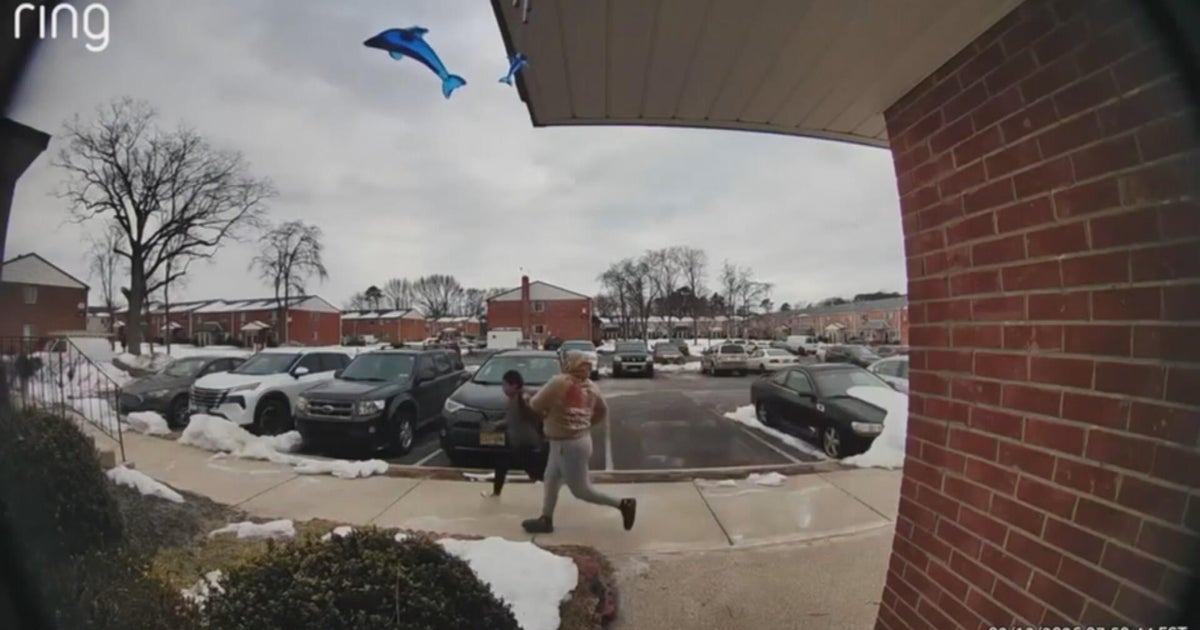University Students React To UND Dry Frats
MINNEAPOLIS (WCCO) -- A string of incidents at the University Of North Dakota has Greek Organizations going dry.
The school's interfraternity council approved the alcohol ban last week. It will be in effect for the rest of the spring semester.
The decision was made in response to recent drunken incidents on the UND campus.
The UND police chief told the Grand Forks Herald the incidents included a noisy party and streaking during what is known as the "Anchor Run."
The Interfraternity Council President Tom Connelly told the Herald a "long-term solution" needs to be implemented.
Some students at the University of Minnesota said the decision to go dry made by Greek organizations may be too extreme.
NewsRadio 830 WCCO's Edgar Linares Reports
Podcast
"I think those kinds of things are going to happen regardless," said one anonymous U of M fraternity member.
Other students like James think it's not an overreaction. James is a former Minnesota fraternity member.
"I don't think it's overreacting. They've got to keep their public image strong. They have to really show they're not alright with what happens," said James.
James feels many houses need to take a stronger approach and up their risk management. He said many times when incidents happen like streaking or fighting, it's caused by outsiders.
"The blame will go on the fraternity because it happens at their party, but it tends to happen when they let people in who really shouldn't be there," said James.
At the University of Minnesota, fraternities and sororities are required to follow strict and detailed risk management policies. Also, sororities have a zero tolerance policy for alcohol on their properties.
UND Interfraternity Council President Tom Connelly said any Greek houses that violate the policy could be stripped of social and recruitment privileges.







